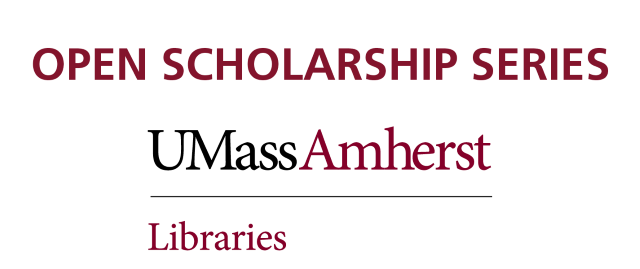To commemorate the fifth anniversary of the formation of the U.S. ORCID Community through Lyrasis, Scholarly Kitchen interviewed Sheila Rabun, the original ORCID U.S. Community Specialist and now Program Leader for Persistent Identifier Communities for Lyrasis. ORCID plays a key role in enabling researchers to efficiently share their research works throughout the scholarly communication ecosystem. In 2018 the U.S. Community came under the administration of Lyrasis when the Big Ten Academic Alliance, the Greater Western Library Alliance and the NorthEast Research Libraries merged with Lyrasis to form a stronger organization to advance the adoption of ORCID and provide a community of practice. The ORCID US Consortium is now one of 26 consortium worldwide. They provide ORCID related webinars, showcases of integrations and best practices, member support and community resources. They also offer a “ORCID Workshop for Researchers.”

From the perspective of this member library, the community has been a very important resource. Sheila named challenges that we as a university face as well: individual researchers not using their ORCID iD and ORCID record, and lack of ORCID API integration in the many software systems being used in the research ecosystem. The outlook for ORCID adoption and use by individual researchers and U.S. institutions is more promising as the NSPM-33 (National Security Presidential Memorandum 33) and the recent White House Office of Science and Technology Policy OSTP memo are implemented. Persistent identifiers, including ORCID, are key elements of FAIR research information exchange which benefit scientific communities around the world.
Visit the UMass Amherst Libraries ORCID guide for more information about getting and using an ORCID ID, and contact us with any questions.

